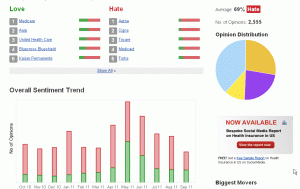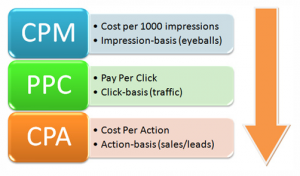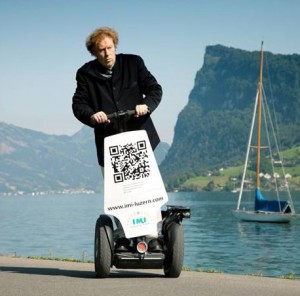
International health insurers and banks get little love from social media, according to a recent report from Amplicate, which monitors topics and opinions across social media platforms such as Facebook and Twitter. Amplicate found 70% of all opinions expressed on US health insurance companies over the last 12 months were negative.
Aetna earned the unwelcome distinction of most hated insurer. Only 9% of users expressing positive views of the company in the last year. Believe it or not, however, the industry has actually fared worse on social media in the past.







 Twitter, the popular micro-blogging website, has seen a phenomenal rise, and in just under five years has reached over
Twitter, the popular micro-blogging website, has seen a phenomenal rise, and in just under five years has reached over